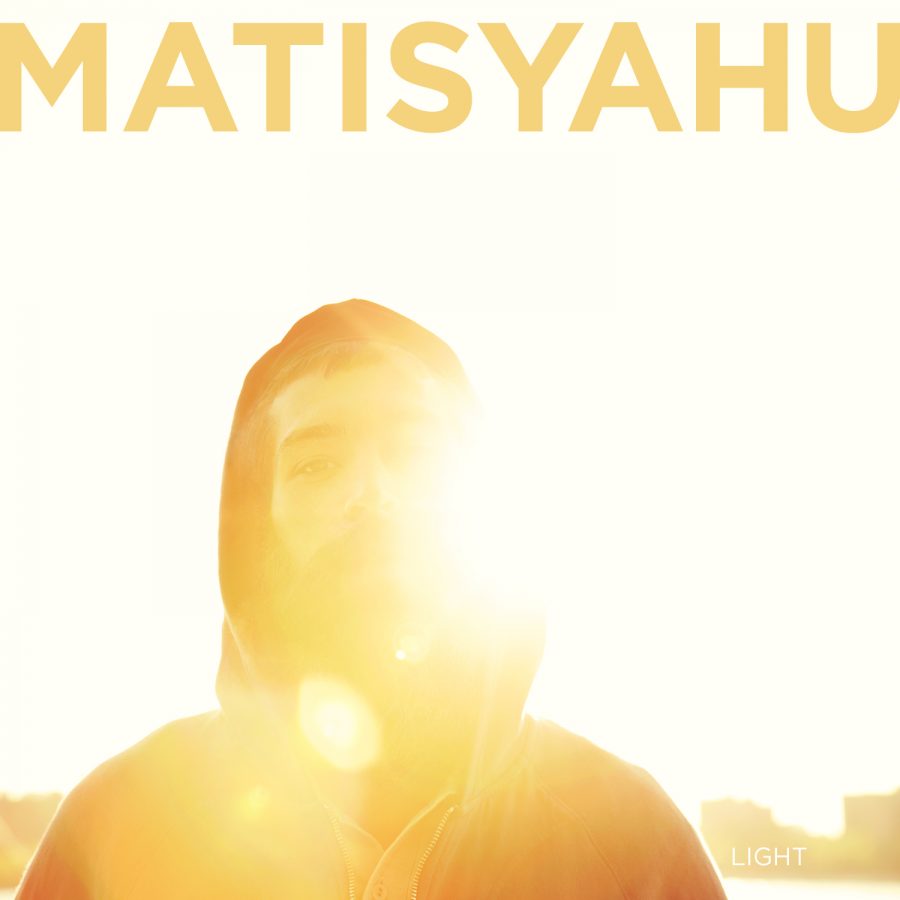15 minutes with Matis
September 29, 2011
This Saturday, Oct. 1, Matisyahu is scheduled to perform at Norton Auditorium. The week before his show, Matis gave a few minutes of his time to talk about his musical and spiritual philosophy.
Who are your biggest musical inspirations? What do you listen to in the car?
I’ve been going through a lot of old CDs lately. I moved to California, so I’ve been in the car a lot, so I’m deciding what to keep and throw away. This morning, I was listening to Phish and some Michael Jackson. I found an old one that I really like, too—the Temper Trap. I don’t really have just one band or artist I’ve been listening to.
If I like it, it influences me in some way. That’s the process: trying to find your unique voice and blend the elements of the different types of music you like.
From your first studio album to your most recent, there has been a big change in the sound. What has influenced that change?
The main idea there is that the music isn’t staying stagnant. It’s constantly growing and changing. It’s very organic. It’s not like there’s one major realization that causes the change. The music is always a continuous process that’s moving with me.
I’m also sometimes creating different things at the same time. With “Light,” I was interested in focusing on the vocals and really carving and crafting out the songs. I was also working with a veteran producer who was good at that.
The next record I’m making, I’m with a younger, more hip-hop oriented producer, so it’s going to sound different. I’m not really limiting myself to one thing.
And your fans have been appreciative?
You can’t really make music based on what you made in the past or what people are going to like. You have to do what’s right for you.
What kind of messages do you try to convey in your songs and with your music?
I try not to speak too much about it. For different individuals, music resonates and means different things. Even with lyrics and songs that have specific ideas, at the end of the day they resonate differently with someone, and I don’t want to limit them to my interpretation of what they mean–even though I wrote them.
Your spirituality obviously affects your music, so how has this inspired you along the way?
The two things are very much linked. When I was a kid searching for myself, it was about music and God and history. It’s always been about those different things coming together. It was never an option to make them separate; they all kind of blend for me.
So, would you say it’s a confirmation of identity in some ways?
It wasn’t so much an identity thing. Music was always powerful and dynamic for me. It was spiritual in the way it makes you feel and another way in how it makes you perceive things.
Music and identity were always linked because I always felt a very strong connection to what I was listening to. As I started to discover and develop a sense of who I am, I started to blend my history or my culture or my philosophical spiritual beliefs, and the music kind of grows out of that.
What message do you have to students who are still trying to understand themselves?
It’s good to stay open to things. You shouldn’t be too concerned with wondering who I am or what I am, but just to be in that stage of exploration. It’s important not to get stuck too early in who you believe you are, but to be open-minded.












